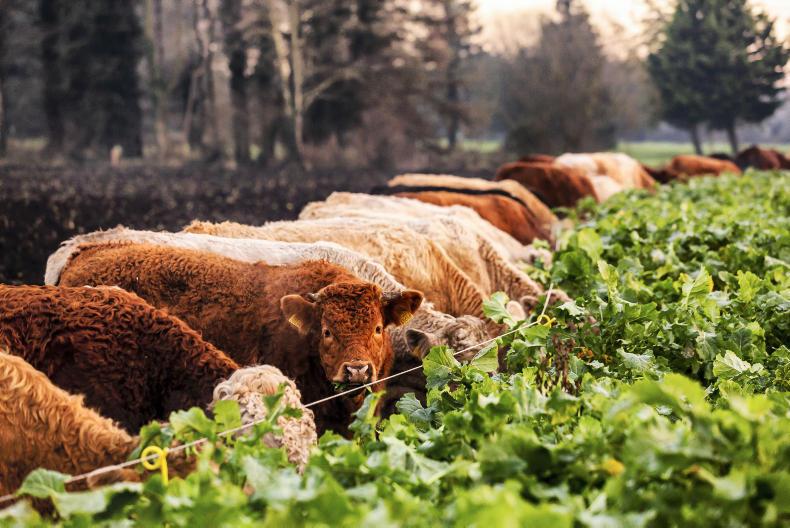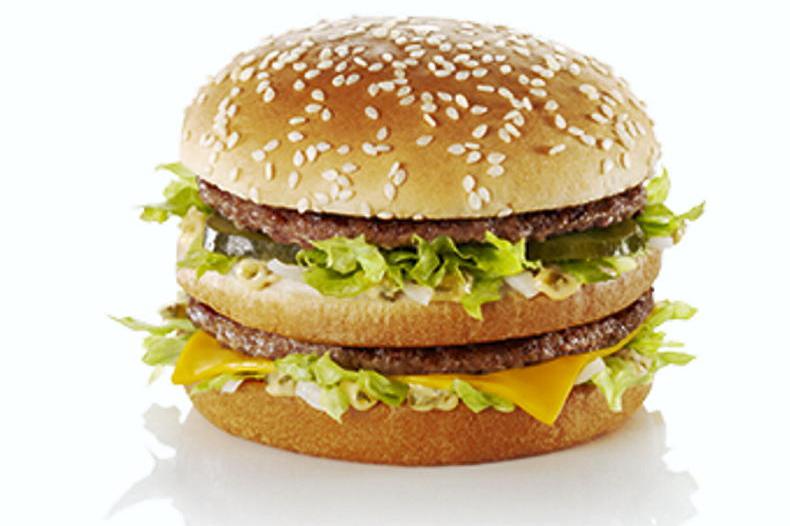Somewhat ironically, the last 12 months saw parallel and very public debates relating to the continued survival of two major Irish institutions – RTÉ and the Irish beef industry.
Indeed, there was a very strong case made by those opposed to the survival of both sectors. They argued that RTÉ and the beef sector were no longer meeting the evolving needs of 21st century consumers and essentially could only survive with State support.
Discussions on the issue of the continuation of RTÉ included perspectives on the evolution of satellite TV and the demise of terrestrial TV, combined with question marks about the long-term feasibility of the licence fee.
I’m sure people in RTÉ, for their part, would argue that the above view is limited in its understanding of the Irish/RTÉ model and therefore fails to do justice to the overall role of RTÉ in providing public service broadcasting across Ireland’s regions.
Horrified
So I can’t help but think that anybody working in RTÉ would surely be horrified if the satellite TV/no licence fee stance was portrayed as reflecting the sole basis for a decision on RTÉ’s future, based on opinion from a Sky TV 'expert' - who would have views utterly hostile to the continuation of the public-broadcasting-plus-licence-fee RTÉ model.
Yet this is the approach that RTÉ has taken throughout 2019 in regard to the beef sector and its climate change/existential challenge.
That culminated in the provision of advice, through RTÉ, to Irish consumers about food and nutrition choices during RTÉ’s climate change week provided by a UK vegan 'expert'.
External expertise that has no true insights into the Irish model, but is simply ideologically opposed in principle, is neither valid nor useful
The chosen expert on RTÉ’s What planet are you on? was Dr Marco Springmann, who is not an expert in nutrition and was clearly hostile to the Irish beef production model and indeed the overall Irish grass-based production system.
So, very clearly, a one-dimensional approach to either the future of the Irish agricultural sector or the future of RTÉ, both of which are hugely complex issues, is neither just nor fair.
In particular, external expertise that has no true insights into the Irish model, but is simply ideologically opposed in principle, is neither valid nor useful.
Climate challenge
Climate change represents a huge challenge to the Irish economy and to the Irish agri sector in particular.
The legacy challenges we face in terms of meeting IPCC emissions targets, where agriculture accounts for 30% of our emissions because we don’t have a history of heavy manufacturing, are significant.
However, the emerging demand from international customers across the world for low-carbon-intensity Irish beef and dairy products in preference to high-carbon emissions and product of a different standard from Mercosur represent a counterbalance to this national target challenge.
The science around both grass as a sequester of carbon and the crucial difference between methane emissions and industrial carbon emissions again provides cause for reflection and deep analysis.
And let us not forget its contribution to the Irish economy. The Irish agri food sector:
Supports over 250,000 jobs or almost one job in eight across the Irish economy. Uniquely spends in excess of €16bn in the Irish economy annually, a figure almost four times higher than any other business sector, including the pharma and ICT sectors. Exports €13.5bn of food and drink products to 120 countries across the globe, with a growing demand for our low-carbon grass-based products.Many of the public utterances currently about climate change and Irish agriculture represent, as it were, the comfort of opinion without the discomfort of thought.
Mature reflection is required!
Somewhat ironically, the last 12 months saw parallel and very public debates relating to the continued survival of two major Irish institutions – RTÉ and the Irish beef industry.
Indeed, there was a very strong case made by those opposed to the survival of both sectors. They argued that RTÉ and the beef sector were no longer meeting the evolving needs of 21st century consumers and essentially could only survive with State support.
Discussions on the issue of the continuation of RTÉ included perspectives on the evolution of satellite TV and the demise of terrestrial TV, combined with question marks about the long-term feasibility of the licence fee.
I’m sure people in RTÉ, for their part, would argue that the above view is limited in its understanding of the Irish/RTÉ model and therefore fails to do justice to the overall role of RTÉ in providing public service broadcasting across Ireland’s regions.
Horrified
So I can’t help but think that anybody working in RTÉ would surely be horrified if the satellite TV/no licence fee stance was portrayed as reflecting the sole basis for a decision on RTÉ’s future, based on opinion from a Sky TV 'expert' - who would have views utterly hostile to the continuation of the public-broadcasting-plus-licence-fee RTÉ model.
Yet this is the approach that RTÉ has taken throughout 2019 in regard to the beef sector and its climate change/existential challenge.
That culminated in the provision of advice, through RTÉ, to Irish consumers about food and nutrition choices during RTÉ’s climate change week provided by a UK vegan 'expert'.
External expertise that has no true insights into the Irish model, but is simply ideologically opposed in principle, is neither valid nor useful
The chosen expert on RTÉ’s What planet are you on? was Dr Marco Springmann, who is not an expert in nutrition and was clearly hostile to the Irish beef production model and indeed the overall Irish grass-based production system.
So, very clearly, a one-dimensional approach to either the future of the Irish agricultural sector or the future of RTÉ, both of which are hugely complex issues, is neither just nor fair.
In particular, external expertise that has no true insights into the Irish model, but is simply ideologically opposed in principle, is neither valid nor useful.
Climate challenge
Climate change represents a huge challenge to the Irish economy and to the Irish agri sector in particular.
The legacy challenges we face in terms of meeting IPCC emissions targets, where agriculture accounts for 30% of our emissions because we don’t have a history of heavy manufacturing, are significant.
However, the emerging demand from international customers across the world for low-carbon-intensity Irish beef and dairy products in preference to high-carbon emissions and product of a different standard from Mercosur represent a counterbalance to this national target challenge.
The science around both grass as a sequester of carbon and the crucial difference between methane emissions and industrial carbon emissions again provides cause for reflection and deep analysis.
And let us not forget its contribution to the Irish economy. The Irish agri food sector:
Supports over 250,000 jobs or almost one job in eight across the Irish economy. Uniquely spends in excess of €16bn in the Irish economy annually, a figure almost four times higher than any other business sector, including the pharma and ICT sectors. Exports €13.5bn of food and drink products to 120 countries across the globe, with a growing demand for our low-carbon grass-based products.Many of the public utterances currently about climate change and Irish agriculture represent, as it were, the comfort of opinion without the discomfort of thought.
Mature reflection is required!










SHARING OPTIONS